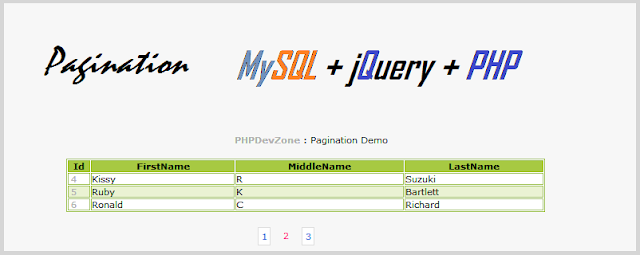Array key lookup: isset() or array_key_exists() or @ ?
Lessons learned:
Here is the code running on a 1.4 GHz machine with PHP 5.4.0:
- isset() is faster than array_key_exists()
- array_key_exists() is faster than @
- @ is slower than ignoring notices with error_reporting()
Here is the code running on a 1.4 GHz machine with PHP 5.4.0:
error_reporting(E_ALL & ~E_NOTICE);
$a = array();
for ($i=0; $i<100000; $i++) $a[] = $i*2;
$start = microtime(true);
for ($i=0; $i<100000; $i++) if (isset($a[$i])) {}
echo ' '.(microtime(true)-$start); // 0.017
$start = microtime(true);
for ($i=0; $i<100000; $i++) if (array_key_exists($i, $a)) {}
echo ' '.(microtime(true)-$start); // 0.064
$start = microtime(true);
for ($i=0; $i<100000; $i++) if (@$a[$i]) {}
echo ' '.(microtime(true)-$start); // 0.095
$start = microtime(true);
for ($i=0; $i<100000; $i++) if ($a[$i]) {}
echo ' '.(microtime(true)-$start); // 0.016
$a = array();
$start = microtime(true);
for ($i=0; $i<100000; $i++) if (isset($a[$i])) {}
echo ' '.(microtime(true)-$start); // 0.016
$start = microtime(true);
for ($i=0; $i<100000; $i++) if (array_key_exists($i, $a)) {}
echo ' '.(microtime(true)-$start); // 0.058
$start = microtime(true);
for ($i=0; $i<100000; $i++) if (@$a[$i]) {}
echo ' '.(microtime(true)-$start); // 0.29
$start = microtime(true);
for ($i=0; $i<100000; $i++) if ($a[$i]) {}
echo ' '.(microtime(true)-$start); // 0.20



Comments
Post a Comment